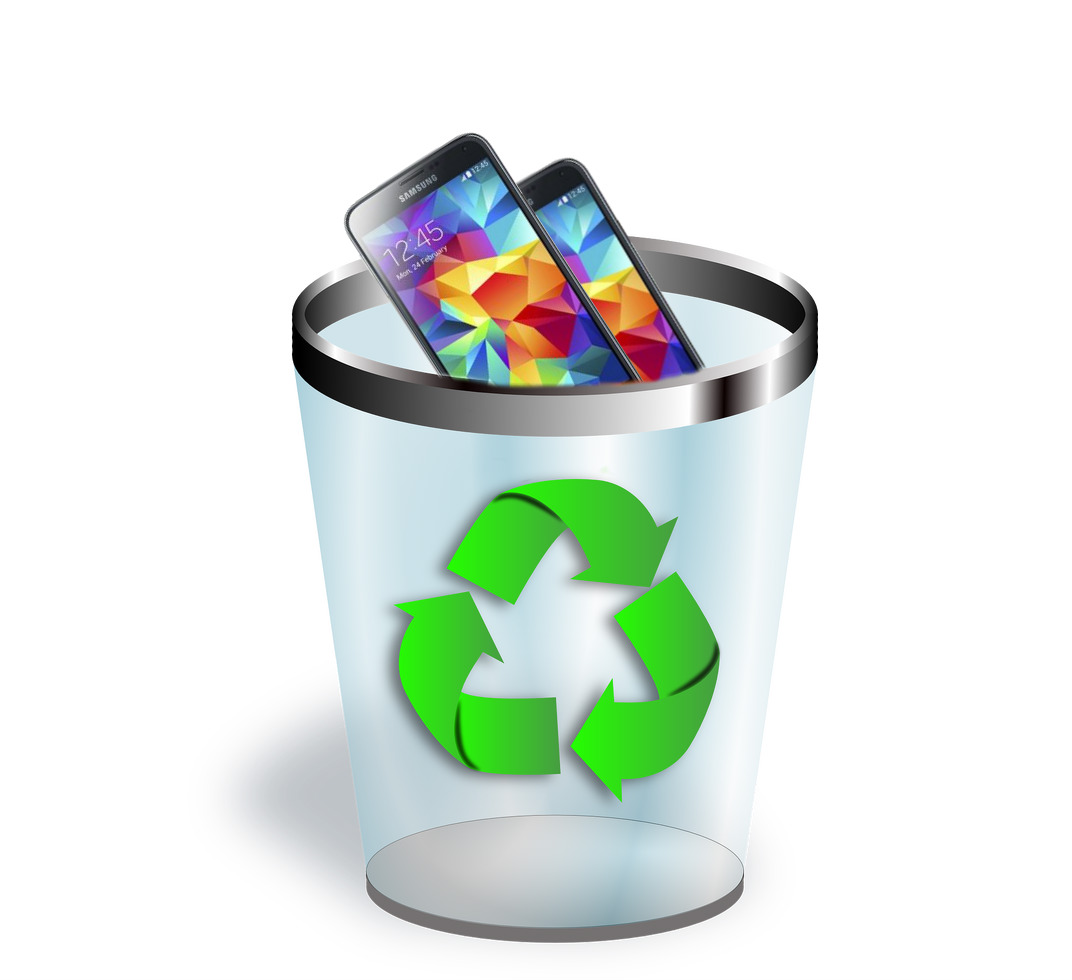
Currently, we do mobile phone recycling at the end of their lives. However, their useful life period approaches faster with advancement in technology. The majority of young men and women disposes of their old mobile phones to get the latest one which increases the amount of e-waste all around the globe. The most natural thing to do with these old phones is to dispose of them into landfills, which is rapidly increasing the electronic waste. There is no magical potion to reduce the number of phones in landfills and to make people use their old mobile phones. The only way is to make them aware of the depleting natural resources and the quick decay of the planet. This is one of the biggest challenges of recycling used mobile phones.
Mobile phones are considered to be the most hazardous waste because they contain a large number of chemicals which seep into the groundwater system, while the burning of that waste releases harmful gasses into the environment, causing grave danger to the planet. In fact, some of the big shot mobile phone companies are including individual components in their phones that cause long-term harmful effects on the Earth. However, managing the entire e-waste is easier said than done. This initiative or practice faces a huge challenge; in fact, somewhat more than factory or office waste.
The Biggest Challenges of Recycling Mobile Phones
Both the consumer and the manufacturer play vital role in the success of recycling e-waste. However, recycling of used mobile phones faces many challenges in various forms. The biggest problems are:
Awareness
A consumer study conducted by several big shot manufacturers reveal that less than 10% of the users have taken the step of recycling their old mobile phones. A majority of the phones are still lying at home awaiting their fate. This shows people aren’t aware regarding recycling which can be the biggest alternative to safe disposal of electronic gadgets. They are unaware of the recycle programs and the locations at which the phones should be disposed. Consumers need to be made aware of what recycling means and the resources available to them.
Collection
The collection of old mobile phones is the second biggest challenge in spreading the word of recycling. Electronic items must be collected separately so that they can be sent to recycling centers and the raw materials reused. E-waste can be obtained voluntarily or enforced by the laws and regulations laid by the state. There can be various reasons behind waste collection which can range from economic to environmental protection practices, to brand enhancement purposes. However, the primary objective is not to mix the electronic waste with other household waste. There are different kinds of collection programs offered:
- Drop-off: The permanent drop-off arrangements come under this program where containers are placed in a permanent location or users can drop them off at the recycling centers.
- Pick-up: Under this program, old mobile phones along with other e-waste are collected from office or home.
- Distance Collection: The user can send the waste product to the collector using a postal service.
Public authorities can do the collection, pick-up, and drop-offs like municipalities, or private organizations like retailers, manufacturers, and informal sector where there is a private, non-commercial arrangement for citizens to contribute to the initiative.
Improper Handling of E-Waste
E-waste disposed of the wrong way is also one of the biggest risks in treating e-waste, particularly mobile phones. A majority of the cell phones collected through the programs mentioned above are not properly recycled. Most of the recycling process takes place in the developing countries which result in improper recycling practice. It only adds to the health risk by contaminating the surrounding environment.
All these challenges point towards the difficult situation in handling e-waste. It just goes to show how important it is to handle electronic e-waste properly. Otherwise, it harms the environment and every living being on this planet. It is high time for the people to emerge as one and resolve the issue of e-waste.
Author Bio:
John Tiropanis is an environmental activist who realizes the dangers being posed to the planet we are living on. He recognizes the importance of recycling used mobile phones and encouraged other users to contribute to the green practice.





Leave a Comment